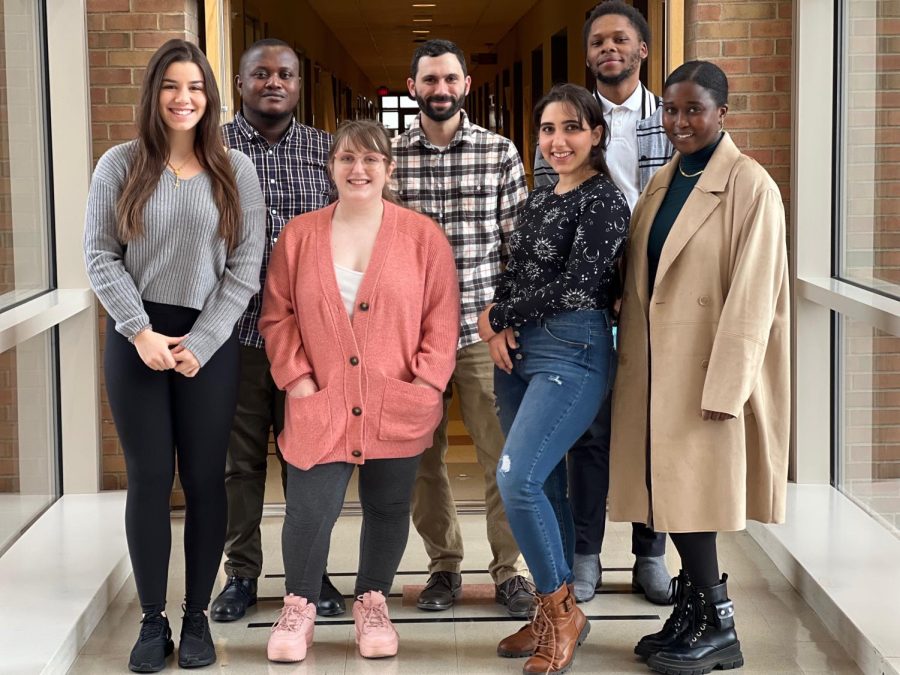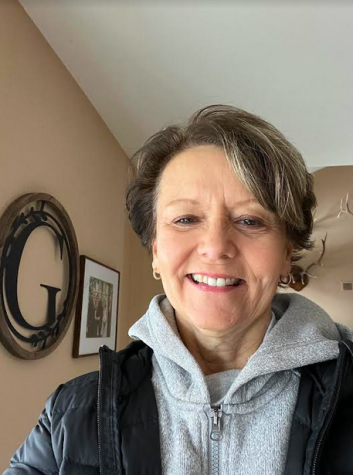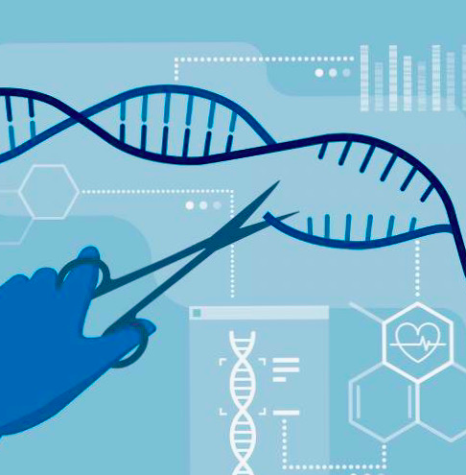Real world organic chemistry with Dr. Zacharias Kinney
Dr. Zacharias Kinney is an Assistant Professor here at OU. Since starting at OU in Fall 2020, he has taught a multitude of courses at the undergraduate and graduate level, including Organic Chemistry I (CHM 2340), Organic Chemistry I Laboratory (CHM 2370) and Special Topics in Organic Chemistry (CHM 5901). He will be teaching Organic/Inorganic Laboratory (CHM 4380) in Winter 2023.
“In addition to teaching these courses I also have an active research group with six members at the moment,” Kinney said. “These folks cover not only a range of academic levels (high school, undergraduate, graduate) but come from vastly different academic backgrounds (majors include: chemistry, biochemistry, biology, and health sciences). OU has been an excellent academic home, both in terms of teaching students and mentoring researchers.”
Kinney has a Bachelor’s in Chemistry/Forensic Science and noted that he originally wanted to work in a state forensics laboratory. During his undergraduate studies he realized organic chemistry is actually really enjoyable and went on to complete his graduate studies in a physical organic chemistry laboratory.
The main premise of Kinney’s laboratory work is to “design, synthesize, and characterize novel organic molecules with real-world applications ranging from organic solar cells and organic light emitting diodes (OLEDs) to chemical sensors,” Kinney described. “Our primary projects involve synthesizing sulfur-containing polyaromatic hydrocarbons, which are known to be highly luminescent. Once we have our core molecules synthesized the researcher selects what they want to do with the molecules, i.e. do we want to make a chemical sensor or synthesize a biomimetic transporter, and then we perform another reaction or two to access those molecules of interest.”
Kinney emphasized and praised the work accomplished by his research team. “Emmanuel, Calvin, Lourdes, Maddie, Evan, and Jimin all started at different levels and have learned techniques that extend beyond the standard course material.”
In terms of partaking in scientific research, specifically research rooted in organic chemistry, Kinney believes there are multiple rewards. “While the direct benefits for those who want to go to graduate school or work in industry are apparent, the basic laboratory skills gained are beneficial to any scientific discipline. For those interested in a career in the medical field research in organic chemistry takes those concepts you learn for the MCAT and applies them in a laboratory setting (think about those thin layer chromatography or which solvent is best for SN2 reaction type questions). These are tasks researchers do often, thus the answers to the questions will become second nature.”
“The basic laboratory skills (reaction setup, work-up, purification) are done in parts in other courses at OU, but in a research laboratory often you are in uncharted waters. The knowledge gained while synthesizing and characterizing novel molecules, from troubleshooting synthesis to processing final data, is simply not available in a standard laboratory course where the experiments are well-known and streamlined for success,” Kinney said.
Anyone interested in the courses taught by Dr. Kinney or his research may contact him at [email protected].











